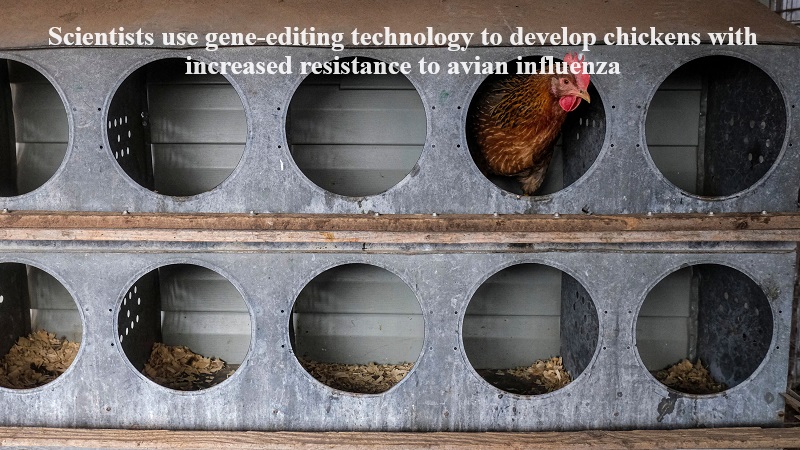
Scientists have utilized gene-editing technology to enhance the resistance of chickens to avian influenza, with published research highlighting the potential of genetic engineering in combating bird flu, which poses a threat to both animals and humans.
Although the gene editing resulted in improved resistance, some infections still occurred in the gene-edited chickens, particularly when exposed to high virus levels. The research, while offering a proof of concept for creating flu-resistant chickens, acknowledges the need for further work.
The study involved the use of CRISPR, a precise DNA-editing tool, to modify a chicken gene responsible for the ANP32A protein, which the flu virus exploits for replication. These edits did not produce adverse health effects in the chickens.
When exposed to a mild flu virus, control chickens were infected, while gene-edited chickens demonstrated resistance to infection, even at higher virus doses.
In high-dose scenarios, some mutations allowed the virus to adapt and utilize the edited ANP32A protein. Although these mutations raised concerns, they were not sufficient for the virus to adapt to humans.
The mutated flu virus could replicate in the absence of ANP32A by using other proteins from the same family. Researchers are now working on creating chickens with edits in all three genes of this protein family.
Gene editing has long been considered a technology with the potential to eliminate the need for routine poultry vaccinations, providing a promising solution to disease resistance.

Post Your Comments